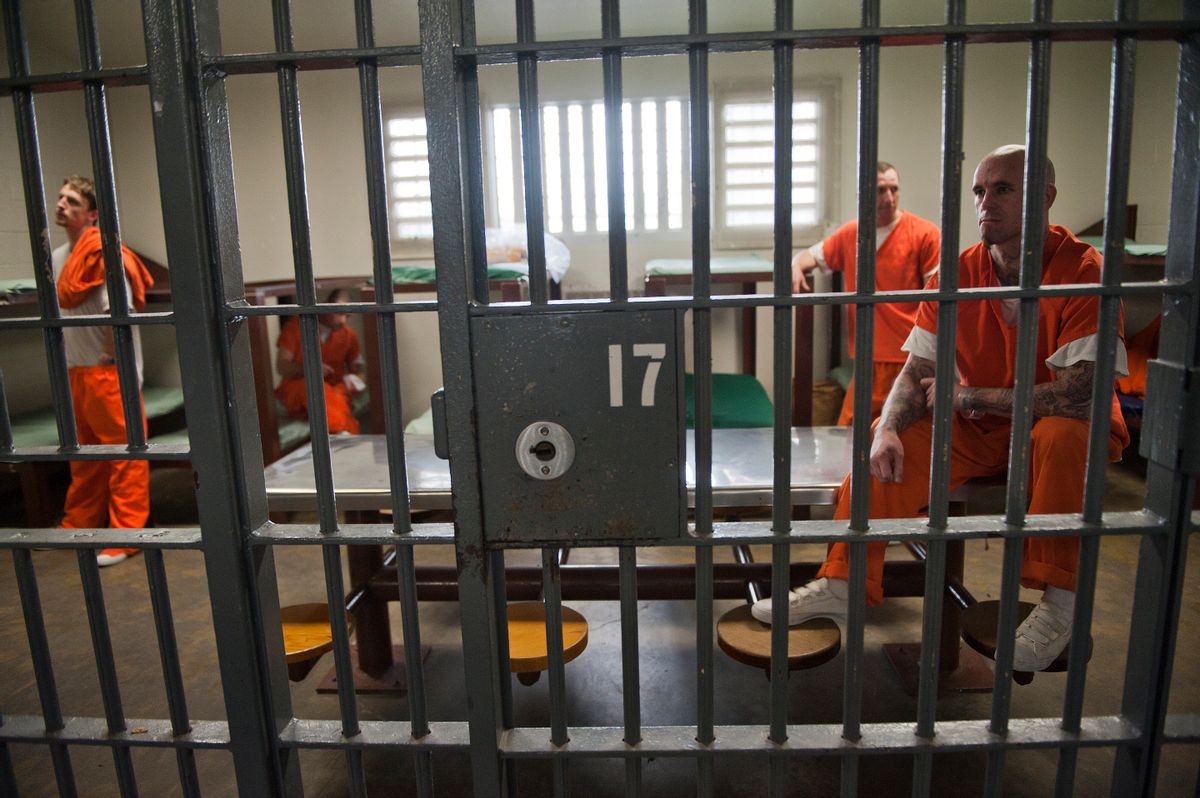On 18 August 2016, the United States Department of Justice announced that it will phase out its use of private prisons.
In a statement released on the Department's blog, Deputy Attorney General Sally Q. Yates wrote that while the federal prison population exploded 800 percent between 1980 and 2013, it is now experiencing an incarceration decline thanks to reforms that ensure "more proportional sentences and effective use of federal resources":
Today, I sent a memo to the Acting Director of the Bureau of Prisons directing that, as each private prison contract reaches the end of its term, the bureau should either decline to renew that contract or substantially reduce its scope in a manner consistent with law and the overall decline of the bureau’s inmate population. This is the first step in the process of reducing—and ultimately ending—our use of privately operated prisons. While an unexpected need may arise in the future, the goal of the Justice Department is to ensure consistency in safety, security and rehabilitation services by operating its own prison facilities.
The use of private for-profit prisons in the United States and the U.S.'s high incarceration rate have been a source of criticism and controversy. President Barack Obama visited a prison facility in July 2015 — the first sitting president to do so — as part of his push for sentencing reform, particularly for non-violent drug offenders. He said at the time:
We have to consider whether this is the smartest way for us to both control crime and rehabilitate individuals. We have to reconsider whether 20 year, 30 year, life sentences for nonviolent crimes is the best way for us to solve these problems.
According to government figures, there was a total of 7 million people under some kind of correctional supervision in 2014, with roughly 1.5 million in prison. The U.S. locks people up at a higher rate than any other country, and disproportionately targets black men and other people of color; while black Americans make up only about 13 percent of the country's total population, there were more black men behind bars in 2014 than white men.
A 2010 study by the Pew Charitable Trust found that incarceration not only affects the economic future of the person behind bars, but also future prospects for the financial prosperity of their families and children.
